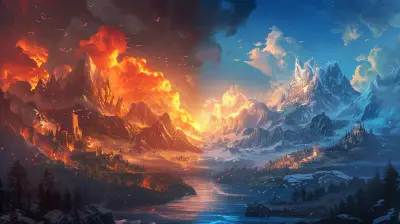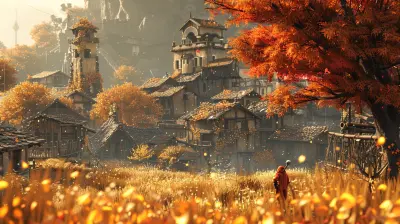The Role of Language in World Building: Crafting Unique Dialects and Languages
6 November 2025
What makes a fictional world feel alive? Is it the sprawling landscapes, the intricate political systems, or the diverse array of characters? While these elements matter, there’s one secret ingredient that often sets a vibrant and immersive world apart from a mediocre one: language. Yep, the way characters speak, the unique dialects they use, and even the languages they invent can make your world leap off the page or screen.
Think about it—could Tolkien’s Middle-earth be as legendary without Elvish or the Dwarvish Khuzdul? Would the Dothraki people feel as real in Game of Thrones without their harsh, guttural tongue? Language is more than just words. It’s culture, history, and identity all rolled into one. So, if you’re a writer, game designer, or just someone fascinated by world-building, buckle up. We’re diving deep into the role of language in crafting imaginary worlds and how you can create unique dialects and languages for your own stories.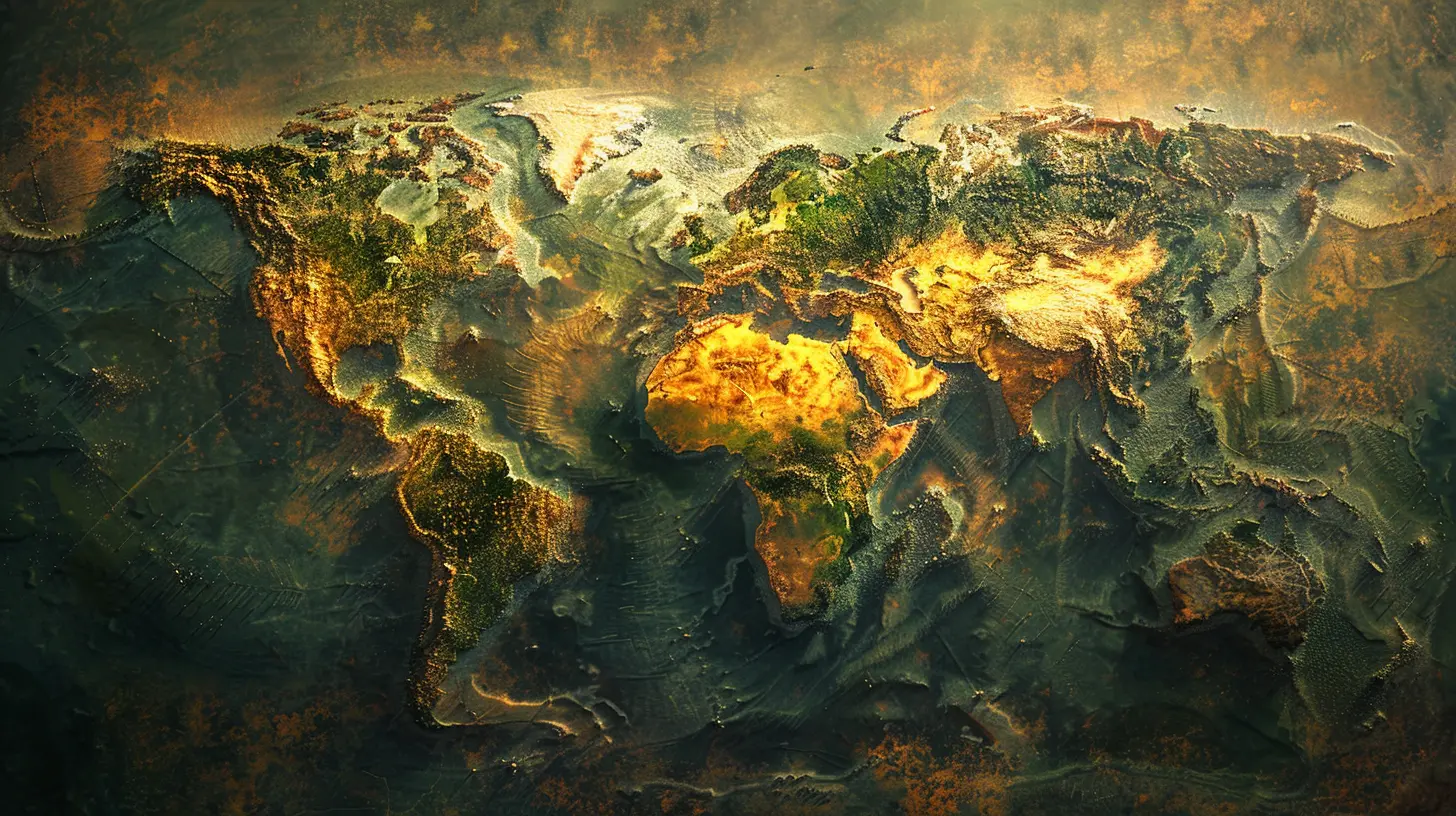
Why Is Language Essential in World Building?
Let’s start with the basics: why bother creating a new language or dialect in the first place? Can’t your characters just speak plain ol’ English (or whatever your native language is)? Technically, sure. But here’s the thing—language is like a fingerprint for your world. It’s a subtle yet powerful way to make your setting feel distinct and authentic.Languages communicate more than just words. They reflect a society’s history, geography, culture, and even values. For example:
- Geography Shaping Language: Imagine a society living high in the mountains. Their language might have 20 different words for “snow” or “wind.” On the flip side, an island community might have an extensive vocabulary for “ocean waves” or “fish.”
- Cultural Influence: Does your society value hierarchy? Their language might include honorifics to address elders or nobility. Are they nomadic? Their words could emphasize movement and travel over permanence.
In short, a well-thought-out language doesn’t just add flair—it’s a narrative tool, a storytelling device that enriches your world. So, now that we’re on the same page, let’s talk about how you can start crafting your own unique dialects and languages.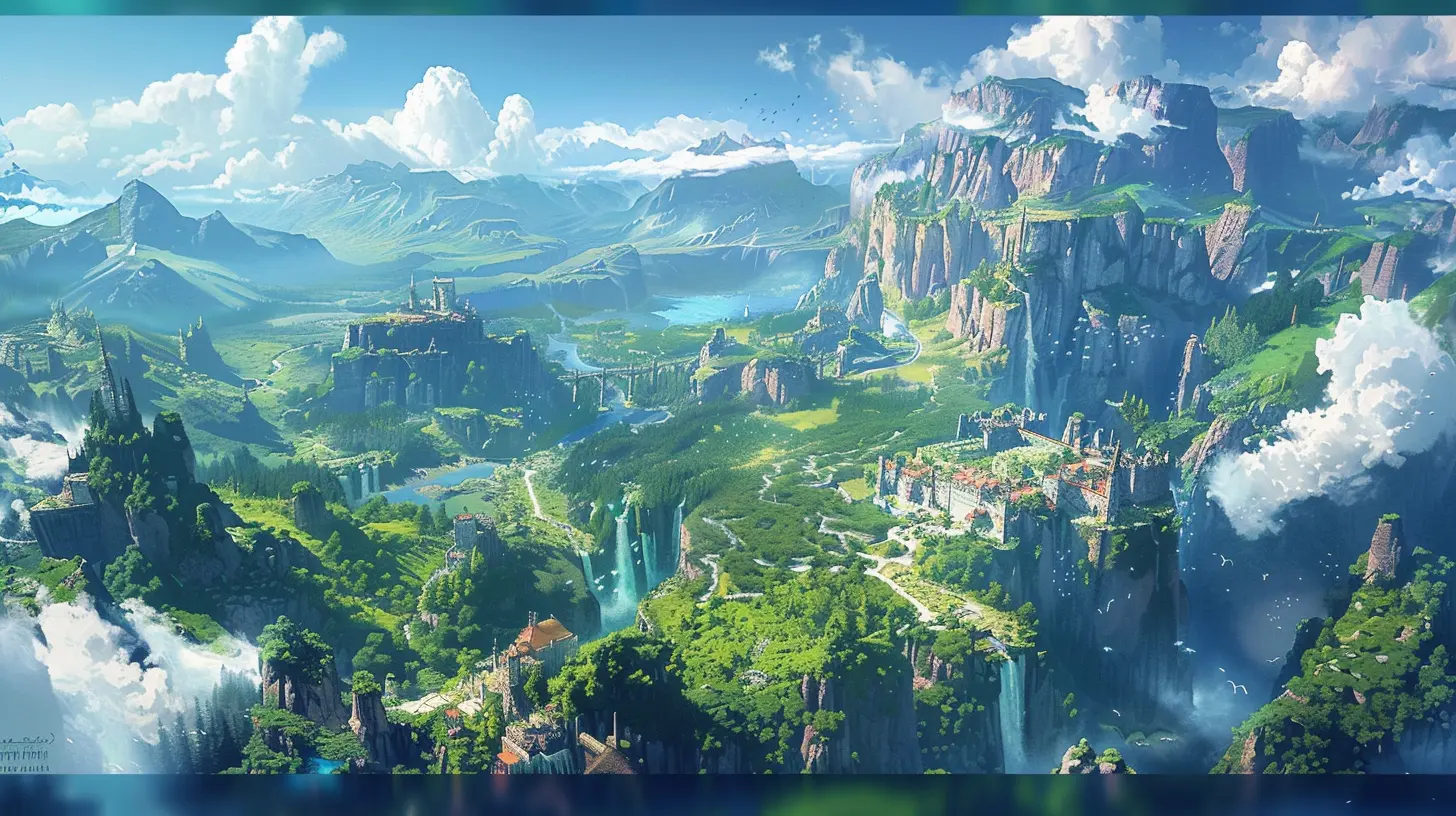
Step 1: Consider The Context
Before you start inventing unpronounceable words or drawing funky-looking letters, take a step back. Think about the context of your fictional world. Ask yourself:1. What’s the culture like?
Are your characters warriors, scholars, traders, or mystics? Their language should reflect their lifestyle. Warriors might favor short, sharp words (easy to bark out on a battlefield), while scholars could have a polysyllabic, detail-oriented language.
2. What’s their history?
Has this society been isolated, or have they interacted with others? Isolation often leads to a unique, undisturbed language, while frequent interaction can result in hybrid dialects or loanwords from other tongues.
3. What’s their environment?
As mentioned earlier, geography plays a huge role in shaping language. An arid desert culture, for instance, might have a hundred words for “sand,” symbolizing its importance in their daily lives.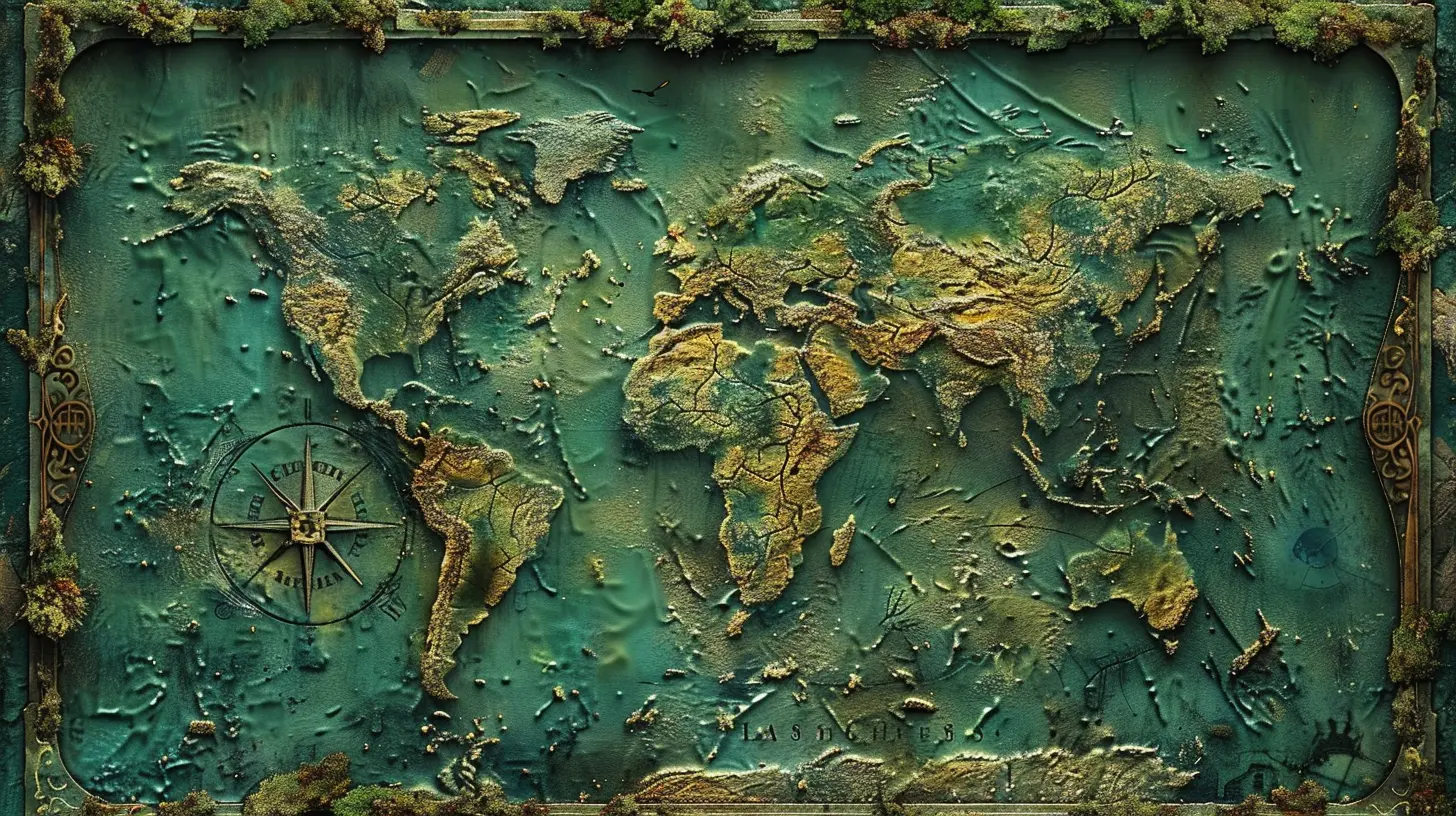
Step 2: Build Vocabulary That Reflects Culture
Once you’ve figured out the context, start developing vocabulary. This part is seriously fun because now you’re getting into the nitty-gritty of how your fictional people think and communicate. Here’s how to go about it:Create Words for What Matters Most
Focus on the words and concepts that are essential to your fictional society. For example:- A seafaring culture might have unique terms for different types of tides, storms, and marine life.
- A highly religious society could have dozens of words for belief systems, rituals, or gods.
Essentially, their language priorities will mirror their way of life.
Use Compound Words
If you’re creating a dialect rather than a full-blown language, compound words are a goldmine. Take two existing words and mash them together to describe a new concept. For instance, a desert-dwelling society might call an oasis a “lifepool.” It’s simple, evocative, and tells you a lot about how they see the world.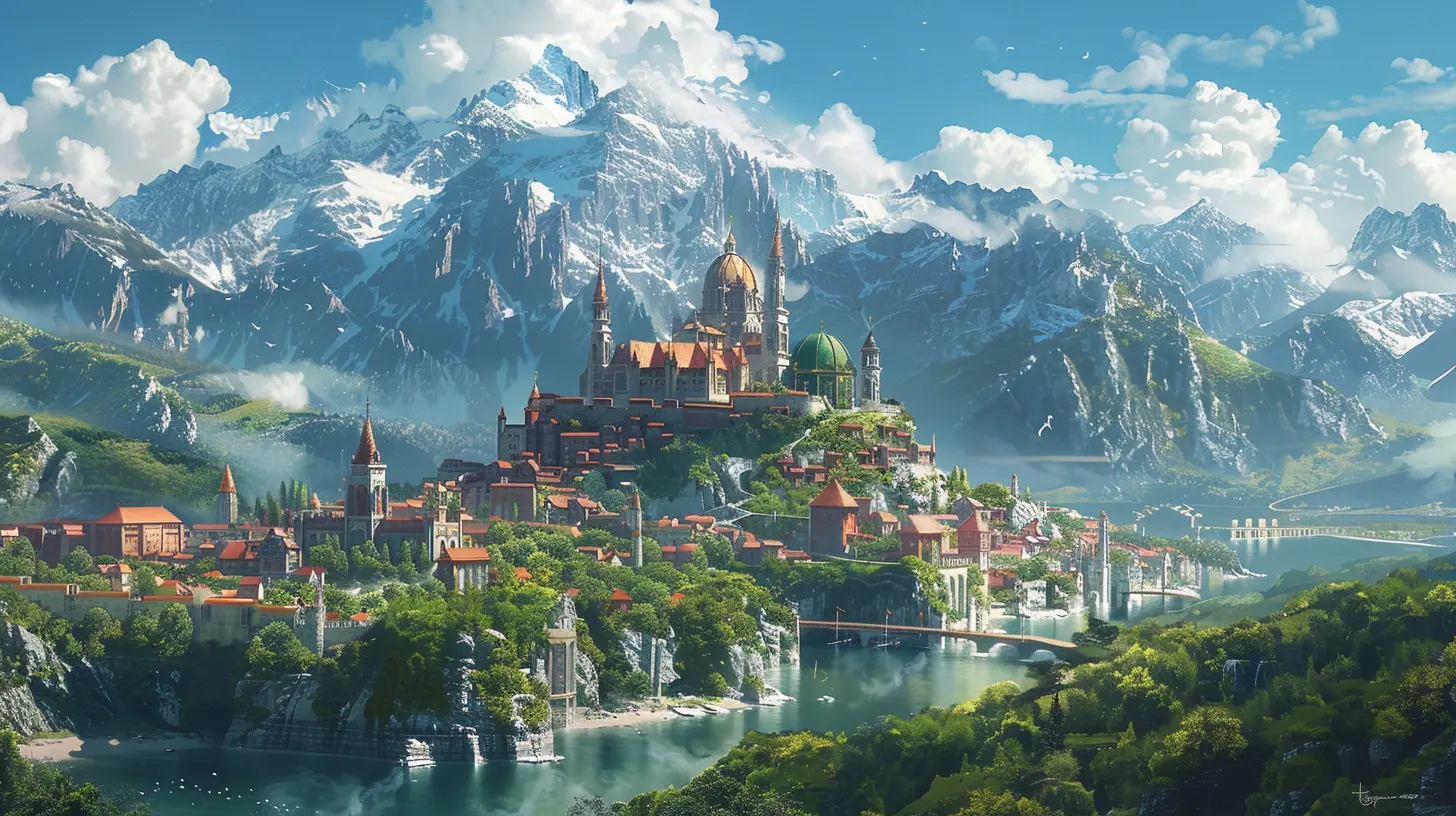
Step 3: Play With Phonetics and Syntax
Now, this is where you really get to flex your creative muscles. Deciding how your language sounds and functions can greatly influence the vibe of your world. Let’s break it down:Phonetics: How Does It Sound?
Ask yourself, is the language smooth and flowing or harsh and guttural? You can draw inspiration from real-world languages:- For something melodic and whimsical, look to languages like Italian or Welsh.
- For something rough and primal, consider the sounds of German or Arabic.
You can also play with consonant clusters or vowel-heavy words to create something truly unique. For example, Tolkien used soft, lyrical sounds for Elvish, while the Black Speech of Mordor was harsh and intimidating.
Syntax: How Is It Structured?
Syntax (aka sentence structure) can add yet another layer of uniqueness. In English, we use Subject-Verb-Object order (“I eat bread”). But what if your language flips it? Maybe it’s Object-Subject-Verb (“Bread I eat”). This subtle difference can make a huge impact on how alien or familiar your language feels.Step 4: Add Regional Dialects and Slang
Let’s face it—most people don’t speak the “standard” version of their language. Dialects and slang exist in every culture, and they add depth to your world.- Regional Dialects: Even within one language, different regions might have variations in pronunciation, vocabulary, or grammar. Think about how American English differs from British English—or even how regional accents vary within one country.
- Slang and Idioms: Slang is where linguistic creativity shines. Consider what phrases your people use to express surprise, anger, or joy. Are there idioms tied to their geography or history? For example, a mountain-dwelling people might say, “That’s as rare as a snowless peak” instead of “That’s rare.”
Step 5: Sprinkle, Don’t Overload
Here’s a pro tip: less is more when it comes to fictional languages. Unless your story revolves around linguistics (like Arrival, anyone?), your readers or players don’t need an encyclopedia of your made-up tongue. Use your fictional language sparingly but strategically:- Insert a few key terms to add flavor, like greetings, titles, or culturally significant words.
- Use context or character actions to help readers understand what the words mean.
- Avoid long passages of untranslated text—it can feel like wading through quicksand.
Real-World Inspiration: Examples of Successful Fictional Languages
Still need some inspiration? Let’s look at a few examples of fictional languages done right:1. Tolkien’s Elvish Languages: Tolkien was a philologist, so it’s no surprise his languages are masterpieces. Sindarin and Quenya feel ancient and elegant, perfectly suited to the Elves.
2. Dothraki and Valyrian (Game of Thrones): Linguist David J. Peterson crafted these languages to reflect the cultures they represent. Dothraki is harsh and aggressive, while Valyrian is smoother and more refined.
3. Klingon (Star Trek): Known for its guttural and militaristic tone, Klingon mirrors the warlike nature of its speakers.
These examples show how language can enhance world-building and bring fictional societies to life.
Final Thoughts: Language as a Storytelling Superpower
At its core, language is about connection. Whether you’re creating a sprawling fantasy epic or a cozy sci-fi tale, crafting unique languages and dialects can make your world feel richer and more layered. It’s like adding seasoning to a dish—it might not be the main course, but it elevates the whole experience.So, what’s stopping you? Grab a notebook, start jotting down some funky-sounding words, and let your imagination run wild. Because in the end, no matter how detailed or simple your language is, if it’s born from the heart of your story, it’ll resonate with others.
all images in this post were generated using AI tools
Category:
World BuildingAuthor:

Emery Larsen
Discussion
rate this article
1 comments
Mae Wallace
This article highlights the crucial role language plays in world-building, emphasizing how unique dialects and languages enrich storytelling and immersion. By creating distinct communication styles, developers can deepen player engagement and authenticity, making fictional worlds feel more alive and culturally complex. Great insights!
November 9, 2025 at 5:59 AM

Emery Larsen
Thank you for your thoughtful comment! I'm glad you found the insights on language and dialects in world-building impactful. They truly enhance the depth and authenticity of storytelling.
